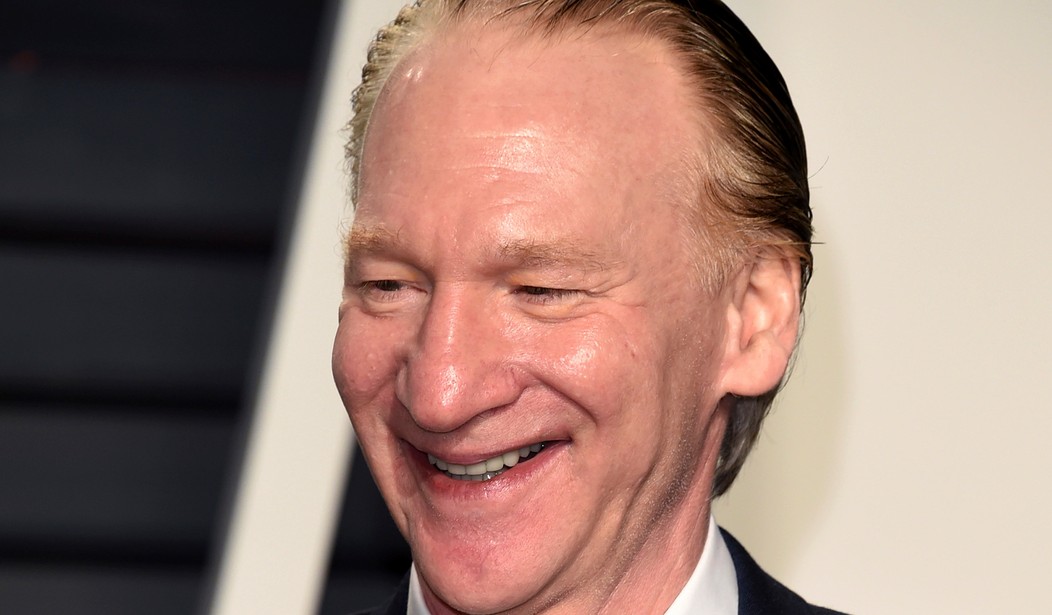Scientists are often smart people. It’s an academically rigorous profession, after all; different professions attract different candidate profiles, and I’m sure the career path of a scientist is deeply enticing to many intelligent men and women.
Of course, lawyers are often very smart people, too. Same with doctors, accountants, architects, and cybersecurity experts. Really, the top earners in most professions are almost always bright, capable, creative people: I absolutely guarantee you that the top 1% of garbagemen are significantly smarter than the lowest 1% of lawyers and doctors.
I’ll betcha any amount of money you want.
Hey, half of all doctors, lawyers, and scientists finished in the bottom half of their class! (Have fun figuring out who’s who, next time you’re in the waiting room.) Hence the old joke, “What do you call a doctor who finished last in his class?”
You call him a doctor.
The scientific method is a wonderful tool. It’s responsible for so much social growth. Only a moron would be anti-science. But it’s still just a tool, and not every tool is useful in every situation.
The hammer is also a wonderful tool, but guess what? If you need a screwdriver or a hacksaw, a hammer is gonna do a lousy job. It’ll make an absolute mess out of things because it’s the wrong tool for the job.
When it comes to replicable experimentation — where all the different variables can be accounted for — the scientific method is peerless. It’s an invaluable tool for deconstructing the true nature of the universe. Best of all, it’s a self-correcting mechanism: More experiments lead to more (and better) data, validating truths and exposing false assumptions.
But if an experiment isn’t replicable and you can’t account for all the variables, your “experiment” tends to be riddled with false-positives, because it’s more about finding clusters of statistical associations than anything definitive. It’s the wrong tool for the job.
And in large enough data-sets, you can always cherry-pick data so it “proves” anything you want. Hence the other old joke, “There are lies, damned lies — and statistics.”
When scientists manipulate the scientific method to “prove” political points, they destroy their profession’s credibility. It’s the “Boy Who Cries Wolf” Syndrome. And this syndrome was on full display last night on HBO’s “Real Time with Bill Maher,” when astrophysicist Neil deGrasse Tyson debated Bill Maher about scientific bias.
The clip is below:
YOU RARELY SEE THIS FROM BILL MAHER
— Citizen Free Press (@CitizenFreePres) November 23, 2024
Bill Maher doesn't often get angry with his guests, but it happened tonight with Neil deGrasse Tyson, on the subject of transgender athletes.
Wait for the final line from Maher.pic.twitter.com/TTLMRw5581
As my esteemed colleague Chris Queen noted a few days ago, the editor of Scientific American — formerly a respected, apolitical scientific journal that’s been in publication since 1845 — resigned in disgrace after launching a vulgar, profanity-laced diatribe against Trump voters. Under her watch, Scientific American magazine, which had NEVER made a presidential endorsement before (because, as a scientific journal, why would they?), made their first two: In 2020 (for Joe Biden) and in 2024 (for Kamala Harris).
But apologists like Neil DeGrasse Tyson don’t think it’s a big deal.
Think about that contradiction: Tyson has dedicated himself to educating people about science! He’s not a celebrity because of his academic work; solely on the basis of his academic work, he’s not a particularly remarkable scientist. Schoolchildren certainly won’t be reading biographies about him in 50 years. Instead, it’s his work as a “science popularizer” in media that’s earned him his fame, wealth, and oodles of royalties.
Yet somehow, he’s oblivious to the perceptual dangers of Scientific American magazine adopting an anti-Trump partisan stance? Or reappropriating the credibility of “science” to promote partisan political views? Or for their editor to accuse half the country of being fascists?!
Perhaps Tyson is cynically holding his tongue, lest he face the brunt of the liberal outrage mob. After all, his closet isn’t exactly spotless.
But I suspect his obliviousness is less due to crass, shallow self-preservation, and more emblematic of largescale institutional bias within the scientific community: “How could it be biased if *I* agree with the bias?”
Which, ironically enough, only proves how rampant the scientific bias is.
On the “Overtime” segment of Maher’s show, Tyson was asked about NASA strategies for deflecting an asteroid, and he gave a good, scientific-based answer:
When scientists stay in their lane, the whole world prospers. And when they don’t, they discredit their entire profession. Politics is NOT in their lane.
Frankly, I’d rather listen to the top 1% of garbagemen.










Join the conversation as a VIP Member